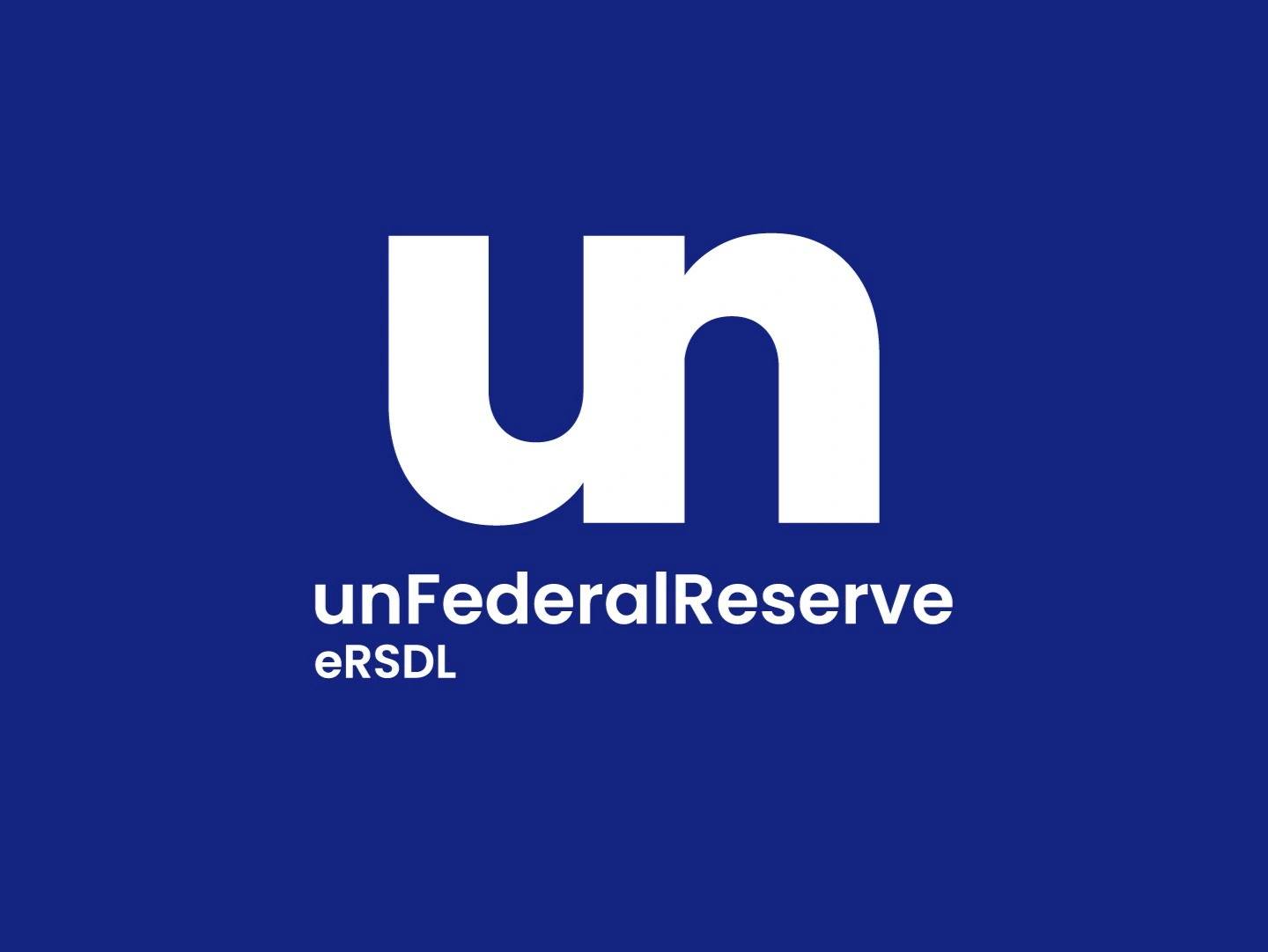Subscribe to wiki
Share wiki
Bookmark
unFederalReserve
unFederalReserve
UnFederalReserve is a safe harbor where sophisticated parties are the "pricing oracles" and ordinary people can participate alongside a reduced chance of being gamed by experts.[1][2][3]
Overview
Since the founding of UnFederalReserve, it has been known for quality services, exceptional efficiency, and the highest level of professionalism.

Merchant Bankers, staked to the eRSDL ecosystem, have the access to the capital they need and have a ready marketplace in which to lend their excess. Their merchant banking counterparties measure and price risk for short-term loans between the parties. Ordinary eRSDL holders then participate safely at market rates. Participation is democratized, but the risk doesn't have to be.[4][5]
Vision
UnFederalReserve is designed for small and medium-sized lenders looking to achieve positive Roi when moving to a blockchain-powered model.
ERSDL Token
The eRSDL token provides many privileges, including the limited ability to participate in the development and implementation of the Residual business plan, regardless of the number of tokens it holds. In addition, a certain amount of aggregation (“Minimum”) grants certain privileges; namely, when combined with the Residual permission, Minimum allows access to the Residual Token, Inc.[6]
Team
- Howard Krieger (Chief Executive Officer, Co-Founder): He is a Managing Director in CBIZ Valuation Group, LLC (“CBIZ”). He specializes in the valuation of complex financial instruments including cryptocurrency loans, interest rate swaps, agency and non-agency mortgage-backed securities (MBS), and collateralized debt obligations (CDOs).
- Ryan Medlin (Chief Executive Officer, Co-Founder): He is a seasoned entrepreneur and technologist from Silicon Valley. His most recent exit was the sale to Datasnap.io in 2015 to proximity tracking and measurement company Neustar, where he then led a team of engineers to implement Neustar's Identity IoT initiatives. This included a product for the Internet IoT, which was an improvement over conventional PKI, enabling cryptography-based policy enforcement and identity management in a highly distributed architecture.[7]
See something wrong?
